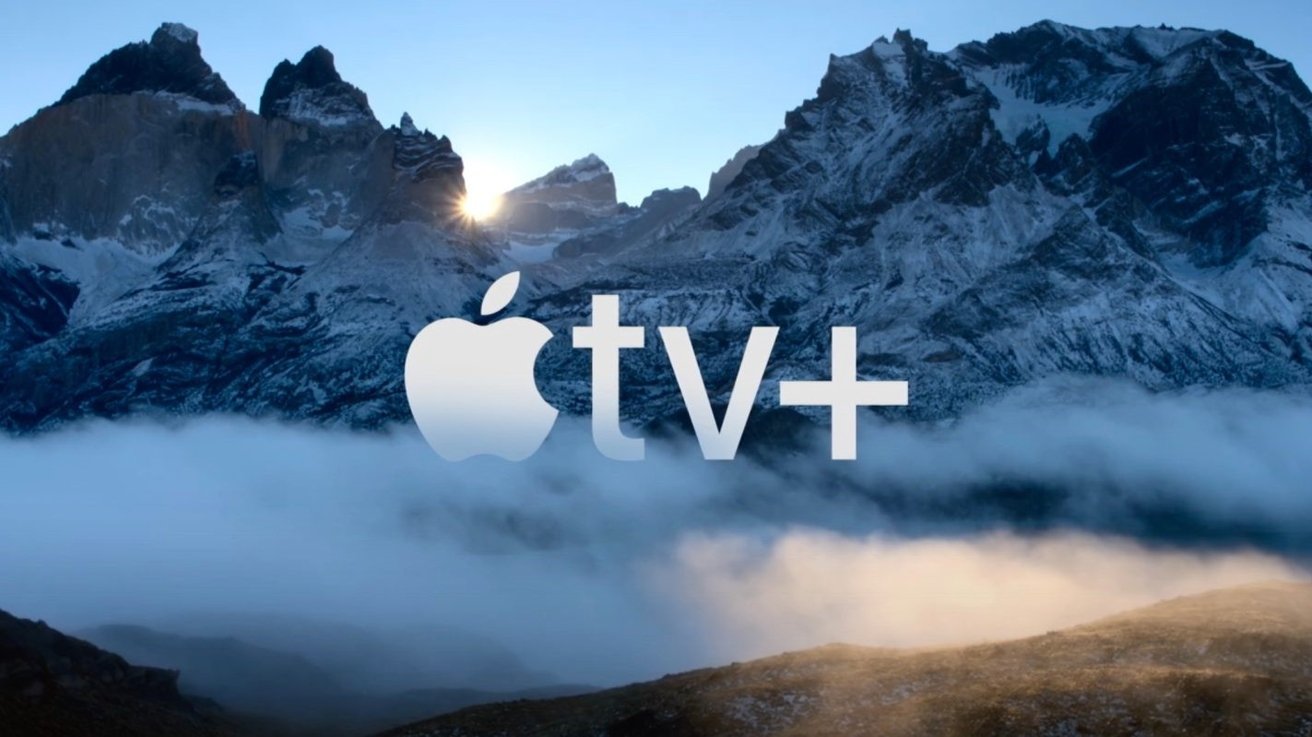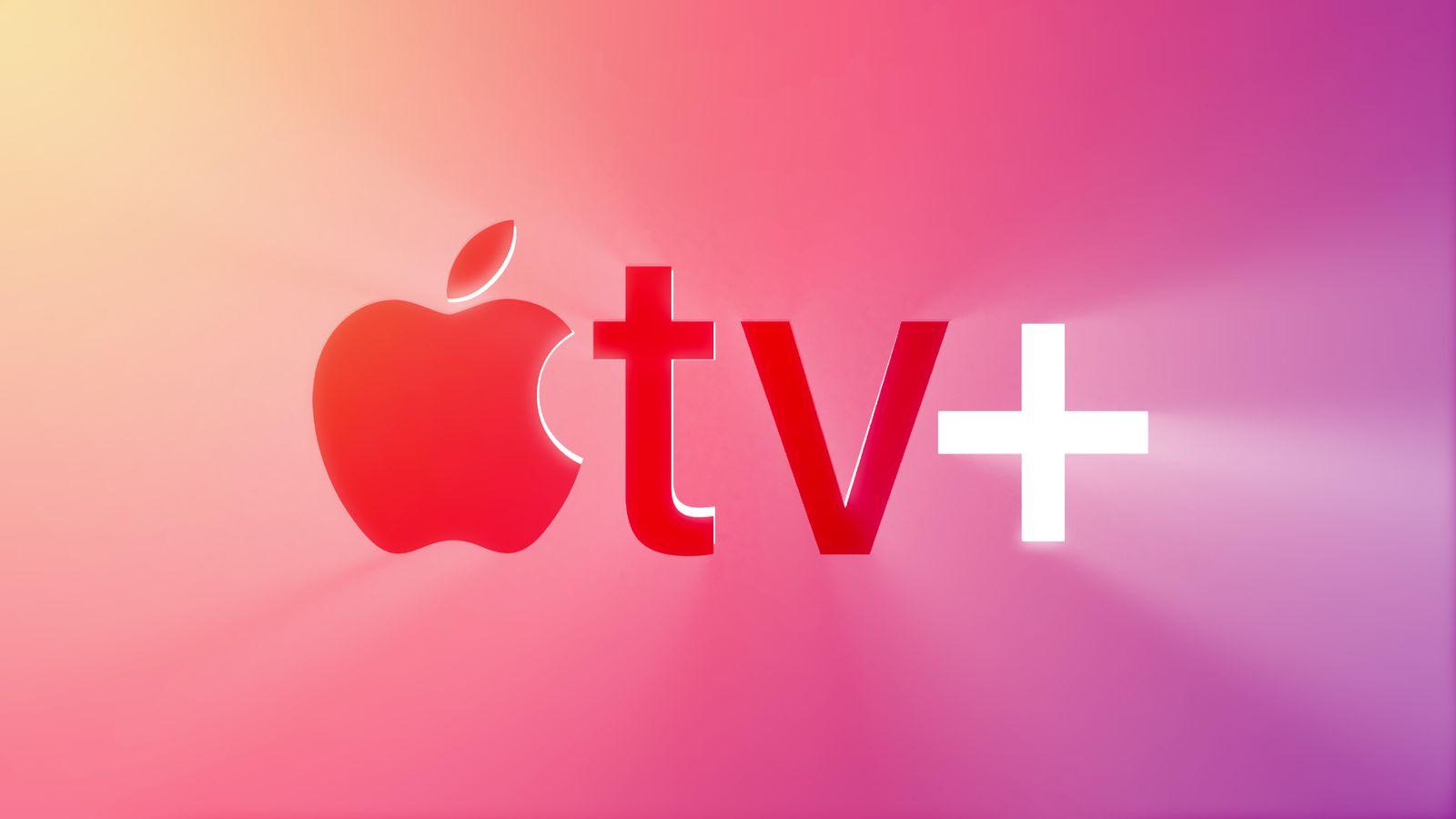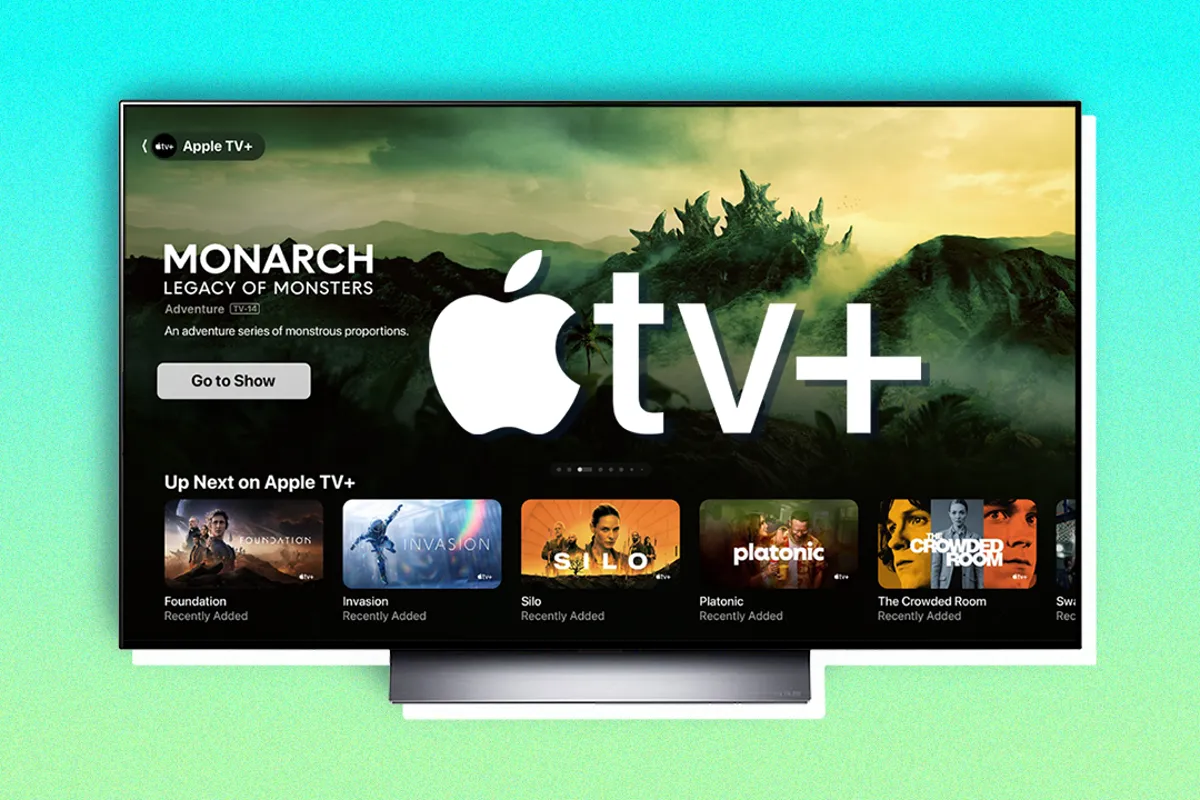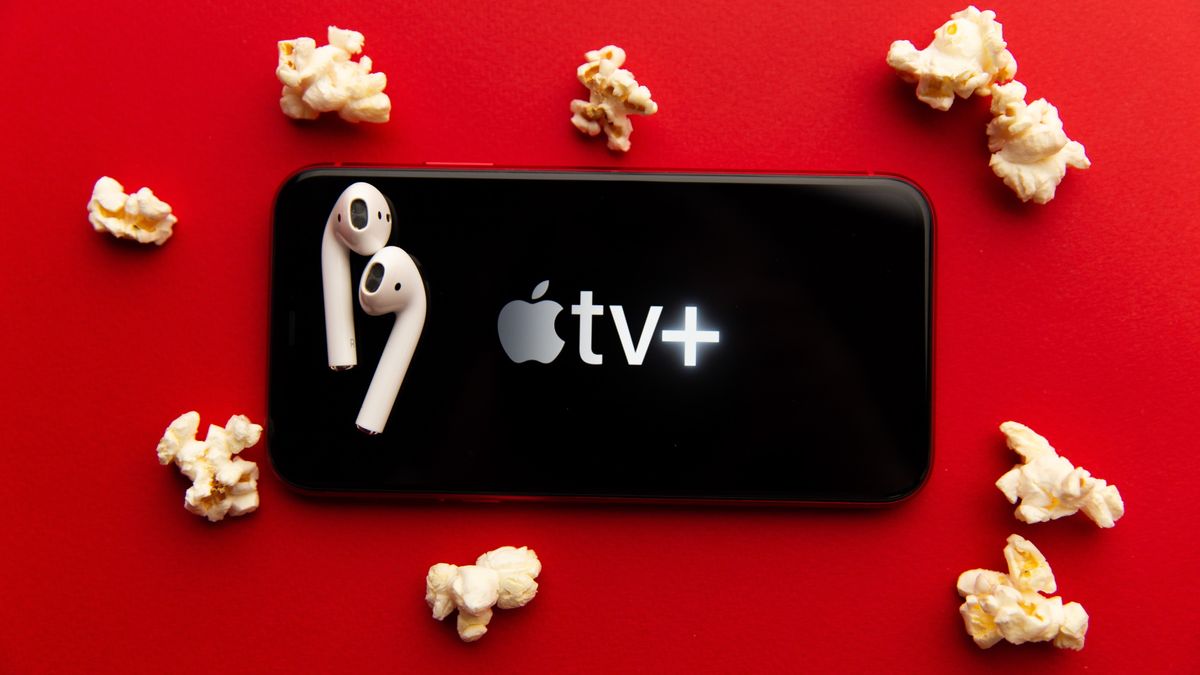For the past few years, Apple TV+ has been trying to make waves in the highly competitive world of feature films, investing millions in big-budget movies and releasing them in theatres. From generating box office revenue to competing for the industry’s most coveted awards, Apple’s goal was to stand toe-to-toe with traditional Hollywood studios like Warner Bros and Universal Pictures. However, recent reports suggest that Apple is dramatically changing its film strategy, and it’s going to affect how and where you see Apple’s films in the future.

Apple’s Box Office Struggles and Strategic Shift
According to a Bloomberg report, Apple’s venture into theatrical releases has not been as fruitful as anticipated. While Apple TV+ has been thriving with critically acclaimed series like Ted Lasso and The Morning Show, its feature films have struggled to find their footing in theatres. High-profile releases such as Napoleon and Argylle—movies with enormous budgets and star-studded casts—have underperformed at the box office. This has pushed Apple to rethink its approach to theatrical releases.
One of the most significant changes is the decision to scale back wide theatrical releases. For instance, the highly anticipated film Wolf, which stars George Clooney and Brad Pitt, was set for a massive rollout across theatres, but that plan has been scrapped. Instead, Apple intends to give its films limited releases in select theatres. This strategic pivot aims to keep these movies in contention for prestigious awards like the Oscars while avoiding the financial risk of aiming for big box office returns.

Why Apple is Scaling Down Big-Budget Films
The most surprising part of this shift is Apple’s decision to move away from super-budget films altogether. Going forward, the tech giant plans to focus its film portfolio on lower-budget movies, with a dozen such films slated for production each year. The only planned exception is the upcoming F1 racing film, which will receive a full-blown wide theatrical release. Apple appears to be betting on the international popularity of Formula 1 to generate a successful box office result.
The performance of this movie could potentially determine whether Apple will revisit its decision to reduce big-budget theatrical releases, or if the company will continue to lean heavily into streaming-first strategies.
Apple is Not Alone: Streamers Shift Strategies Amid Box Office Slumps
It’s important to note that Apple isn’t the only streaming platform reassessing its approach to movie releases. Netflix, another major player in the streaming wars, is also cutting costs and has decided to bring more of its movie production in-house. Meanwhile, Amazon Prime Video has been experimenting with a mixed model that combines streaming-first releases with occasional theatrical runs, though its films haven’t seen the box office success that was initially hoped for.
At the same time, cinema chains are feeling immense financial pressure. Despite some major hits like Inside Out 2 and Deadpool & Wolverine, overall ticket sales haven’t returned to pre-pandemic levels. This has made cinemas increasingly dependent on streamers like Apple and Netflix to bring people back to theatres. Unfortunately for them, if these companies continue to pull back on big-budget theatrical releases, the future of traditional cinemas could become even more precarious.

What This Means for Apple TV+ Viewers
Apple’s new strategy clearly prioritizes streaming over box office success. With fewer wide releases and a sharper focus on lower-budget films, Apple TV+ users can expect more content to hit the platform quickly after limited theatrical runs. This move is in line with Apple’s broader success in television, where series like Severance and Foundation have helped establish Apple TV+ as a major player in the streaming world. By investing in a wider range of smaller films, Apple may be hoping to replicate its TV success in the film world, offering users more frequent, high-quality releases.
However, for viewers who enjoy seeing Apple’s films on the big screen, this shift could be disappointing. With the exception of the F1 movie, Apple seems to be stepping away from offering large-scale cinematic experiences. Instead, their focus will likely be on generating buzz through awards circuits and driving subscribers to Apple TV+.

The Future of Streaming and Theatrical Releases
Apple’s decision to scale back wide theatrical releases is part of a broader trend across the entertainment industry. With pandemic-related disruptions still affecting cinema attendance, more studios and streaming platforms are reconsidering their distribution models. For now, Apple’s primary goal appears to be expanding its streaming footprint, rather than competing for box office supremacy. However, if the F1 film or any future projects prove successful in theatres, Apple might revisit its strategy.
With both Netflix and Apple focusing more on streaming and cutting down on theatrical releases, traditional cinema chains could face an even tougher battle to survive. Only time will tell how the streaming landscape evolves, but for now, it seems Apple’s big-budget film strategy is taking a back seat to its more lucrative streaming business.










